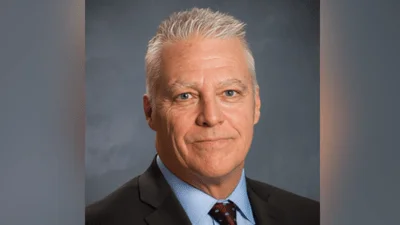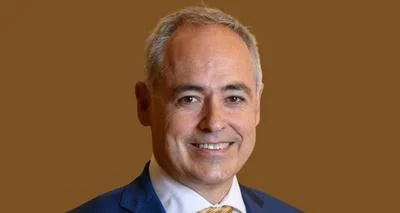State Rep. Steve Reick (R-Woodstock) | Provided
State Rep. Steve Reick (R-Woodstock) | Provided
In a Sept. 1 Facebook post, Rep. Steve Reick pondered what Gov. J.B. Pritzker considered a “quality” education after killing the Invest in Kids Scholarship program. The program provided scholarships to non-public schools for students whose parents wanted another education option.
"The Governor just said: “I’ve made it my mission to ensure that our students get the quality education they deserve," Reick said. "ISBE data shows that 7% of Rockford’s Black third-graders, 16% of Decatur’s white third-graders and 11% of Elgin’s Hispanic third-graders can read at grade level. Having just killed the Invest in Kids scholarship program, is this his idea of 'quality'?"
In his Facebook post, Reick shared a link to a Center Square report calling the renewal of the Invest in Kids program “the fight of Illinois veto session.” The article quoted Gov. J.B. Pritzker’s speech during a visit to the Community STEM Center, then noted that the “Invest in Kids scholarship granting organization Empower Illinois reports a 92% satisfaction rate for parents asked how well their child’s experience matched with why they applied for the program.”
The Invest in Kids Act was passed in 2017. It offers an income tax credit for those taxpayers who contribute to Scholarship Granting Organizations that offer scholarships for Illinois students to attend non-public schools in Illinois.
A May 16 article from Chalkbeat Chicago laid out four things parents should know about the Invest in Kids program.
1. Over 9,000 Illinois students received the tax credit scholarship during the 2021-22 school year, according to a report from the state’s Department of Revenue obtained by Chalkbeat Chicago.
2. Illinois taxpayers can make a donation and receive a tax credit of 75 cents for every dollar they donate.
3. Opponents of the tax scholarship program argue that Invest in Kids diverts taxpayer dollars from public schools to private schools and lacks data or oversight. Some fear schools may discriminate against students with disabilities and LGBTQ students.
4. State law says the Invest In Kids Act will end on Jan. 1, 2025, meaning students would at least have the chance to continue going to their schools through the 2023-24 school year.






 Alerts Sign-up
Alerts Sign-up